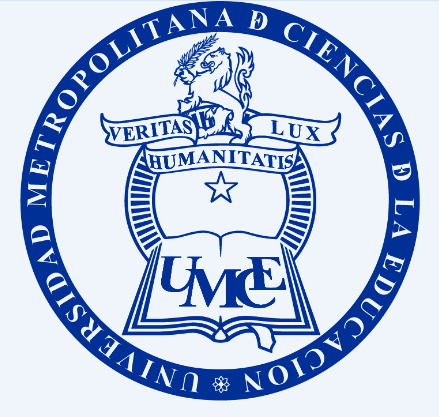Main Article Content
Jun 1, 2023
Abstract
For the present study, the authority is understood as the action that exerts the teacher to obtain that the students accept their demands and resign themselves to other possibilities of action that could be equally attractive. The main objective of this investigation is to characterize the forms in which the teachers exert authority from the point of view of their students. We examined the reasons given by the students to explain why they obey some of their teachers. The sample is constituted by 415 students of the second year of secondary education. These students come from lower-middle class socioeconomic sectors of Santiago, Chile. The content analysis we carried out identified five ways in which the teachers exert authority:
a) by means of moral exigency; b) by means of the generation of loyalties and affective bonds; c) by means of the fear of the discretionary power; d) by means of a rigorous and demanding education; e) by means of the right and implacable application of the rules of the establishment. The study concludes with a discussion of these results and the challenges that present these kinds of authority for the learning opportunities of the students.
References
Bass, B. (1985). Leadership and performance beyond expectations. New York: The Free Press.
Bérenger, P.; Pain, J. (1998). L'autorité et l’école :fm de systéme. Revue VEI num 112. En www. cndp.fr/RevueVEI/beranger.htm
Bourdieu, R; Passeron, J. (1996). La reproducción: elementos para una teoría del sistema de enseñanza. Ciudad de México: Editorial Laia.
CIDE (2006). VI Encuesta Nacional, Actores del sistema educativo. Santiago, Chile: CIDE, Universidad Alberto Hurtado.
Fanfani, E. (2000). Culturas juveniles y cultura escolar. Documento presentado al seminario Escola Jovem: un novo olhar sobre o ensino médio.” Ministerio da Educacao. Brasilia
Flores, L.; García. M. (2007). Informe final proyecto Fondecytn01040694: Figuras estructurales de la violencia escolar. Hacia una recuperación de la subjetividad educativa. Documento de trabajo, Santiago de Chile.
Floro, M. (1996). Questions de violence á Vécole. París: Eres.
Guillot, G. (2006). La autoridad en la educación. Madrid: 1 Proa Kojeve, A. (2005). La noción de Autoridad. Madrid: Nueva Visión.
Luhmann, N. (1995). Poder. México: Universidad Iberoamericana.
Luhmann, N. (1998). Teoría de los sistemas sociales. Artículos. Ciudad de México: Universidad Iberoamericana.
Organización de Naciones unidas para la educación (2005). Primer estudio nacional de convivencia escolar: La opinión de estudiantes y docentes. Idea Chile.
Simoes, F. (2002). Autorité et contrat pedagogique chez Rousseau. En: www.inrp.fr/Acces/ Biennale/6biennale/Contrib/affich.php
Tedesco, J.C; Fanfani, E. (2002). Nuevos tiempos y nuevos docentes. Documento presentado en la Conferencia Regional : O Desempenho dos profesores na América Latina e Caribe:novas prioridades. Organizado por BID/UNESCO/ MINISTERIO DA EDUCACAO, Brasilia.
Zerón. A. M. (2006). Sentido de la violencia escolar. Un estudio de sociología comprensiva. Tesis de Doctorado en Educación, Pontificia Universidad Católica de Chile.




